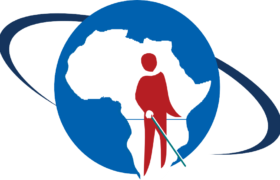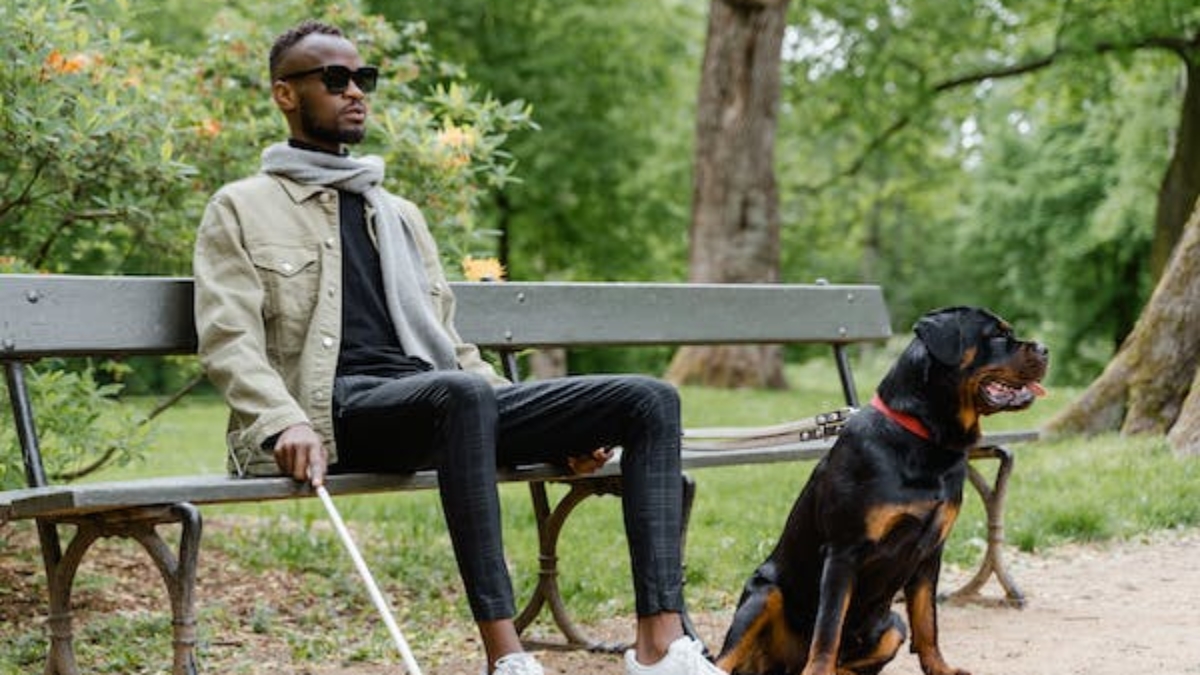Mobility is an essential element of development strategies that aim to achieve the Sustainable Development Goals (SDGs).World Report on Disability published by World health Organization (WHO) says;
“people with disabilities are at a higher risk of non-fatal unintentional injury from road traffic crashes”.
As a civil society organization, we promote and advocate for the improvement of road safety for all. Mobility can help drive positive social change in many areas of society impacting favorably on several of the broader Sustainable Development Goals related to poverty, gender and sustainable consumption and production. This calls for governments and their partners to rethink mobility.
We play a significant role in fostering the conditions that make walking safe, by generating public demand for pedestrian safety; mobilizing action particularly at local level; and championing the right to safety for all road users, including children, the elderly and people with disabilities who are among the most vulnerable pedestrians.
We identify and establishes partnerships with committed and effective local organizations to implement road safety activities in targeted areas through public awareness-raising initiatives delivered in mass media campaigns (TV, radio and print media).
To mark the 7th UN global road safety week 15th -21st May 2023:#Rethinkmobility, we partnered with Outstanding Abilities Kenya (TOA-KE), National Council of Persons with Disabilities (NCPWD), Diani Walkers, Kwale Walk Movement, and Mariakani Walk Movement members walked a distance of 11 kilometers from Kombani Rehabilitation Centre to Ukunda show ground in Kwale County to raise awareness on road safety for persons with disabilities and accident prevention. The walk was officially flagged off by the Kwale Governor H.E Fatuma Achani who called upon road users to adhere to road rules.
Addressing journalists after the walk, Abraham Mateta, advocate and AFUB Human Rights Programme officer stated that;
” road safety is important especially to people who are blind and visually impaired. If the roads are not safe ,if people do not recognize our mobility tools like the white cane, it means that we will not be safe”
Written by: Bernice Otieno
AFUB, Fundraising and Communication Officer.


Add a Comment